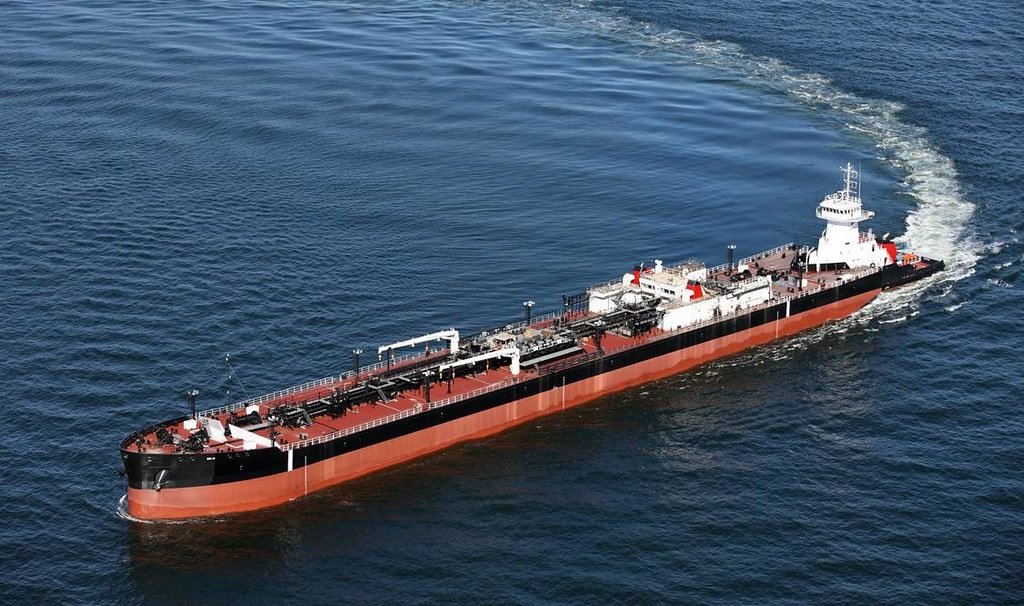Several international maritime associations have published a policy statement regarding the International Maritime Organization’s (IMO) Carbon Intensity Indicator (CII), reflecting on its shortcomings and making suggestions for improvement.
The CII, which came into effect on January 1, 2023, requires shipowners to collect data for their annual CII rating based on a ship’s CO2 emissions, distance sailed and size. Every vessel is given an annual rating on a scale of A to E.
Stolt-Nielsen, a Norwegian company specializing in chemical and bulk liquid transportation and storage, was one of many maritime stakeholders who raised concerns about the issues concerning the CII. One of the main challenges is that the indicator largely comes down to speed and route optimization and spending less time in port. However, there are many factors – such as congestion, terminal delays and the weather – that are beyond any company’s direct control, the company explained in May 2024.
International maritime associations BIMCO, Cruise Lines International Association (CLIA), INTERCARGO, InterManager, International Chamber of Shipping (ICS) and INTERTANKO, have now shared the policy statement as part of their collective commitment to safe, sustainable shipping on clean seas.
Policy statement – Carbon Intensity Indicator (CII)





